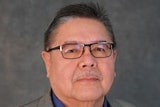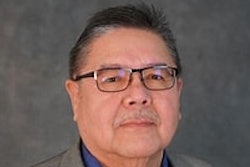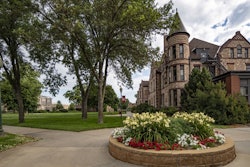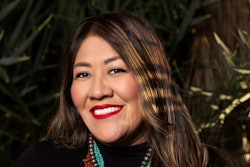Spirit Lake Tribal Members Reject Fighting Sioux Nickname
FORT TOTTEN, N.D.
Members of the Spirit Lake Sioux tribe, the closest tribe to the University of North Dakota campus, have voted to reject the school’s Fighting Sioux nickname and logo.
More than 70 people packed a tribal administrative building about 90 miles west of Grand Forks to discuss the nickname this week.
Opponents of UND’s nickname and Indian-head logo presented a draft resolution calling on the school to drop them.
“(The tribe) finds that the use of the ‘Fighting Sioux’ and ‘Sioux’ names by the University of North Dakota is both dishonorable and an affront to the dignity and well being of the members of Spirit Lake,” the resolution reads.
After about an hour of discussion, the assembly rejected the nickname. The exact vote totals were not released.
The matter is expected to go next to the Spirit Lake’s tribal council for formal adoption, likely on at the end of this week.
“The tribe has spoken; now everyone is on board,” said Leigh Jeanotte, head of American Indian student services at UND and a longtime opponent of the nickname.
UND officials have said the school had support from the Spirit Lake tribe to use the nickname. But former tribal chairman Skip Longie said that authorization, granted to the university in 2000, came with a string of conditions, including required sensitivity courses for all incoming freshman at UND and visits to all North Dakota’s Indian reservations.
“To my understanding, I don’t think the university has done any of those things,” Longie said.
This week’s strong showing of tribal opposition came on the same day that UND issued a formal appeal to an NCAA decision placing the school on a list of schools barred from hosting tournaments or wearing Indian-related imagery in the postseason after Feb. 1.
Phil Harmeson, a senior associate to the UND President Charles Kupchella, said UND officials heard rumblings that the Spirit Lake tribe might reconsider its resolution of support.
“We’re not hanging our hat on any existing or in-play resolutions of any tribe,” Harmeson said. “Clearly they are important, but the university’s relationship with American Indians (as individuals) is really the centrality of our focus. It’s much more important than a resolution from a governmental body that, as you know, changes from time to time.”
— Associated Press
© Copyright 2005 by DiverseEducation.com















